Integrating industrial robots provides many benefits to manufacturers. Expanding manufacturing capabilities is one of the biggest benefits of automating with robotics but is often overlooked. Robots help manufacturers across numerous industries expand their capabilities with higher product volumes, creating variety within product lines, and providing greater versatility in manufacturing processes.
Product volume is often the most noticeable expansion of manufacturing companies experience once they automate with robots. Industrial robots allow manufacturers to produce more goods through higher throughput rates and productivity rates. Robots operate longer and faster than human workers allowing for the expansion of productivity levels resulting in higher product volumes. The capability of companies to produce more goods also provides them the ability to vie for larger manufacturing contracts. Businesses that once had to turn down manufacturing deals because they exceeded their capabilities can say yes to those deals through automation with robotics. Industrial robots are able to produce more items through faster operating speeds and ability to work around the clock. Due to this, one Motoman HP20 can handle the workload of several workers. Replacing workers with a fleet of FANUC M-10ia on an assembly line provides manufacturers with the capability to turn out more products for consumers, increasing their productivity limits. Expanding product volumes allows more goods to reach consumers for increased sales and can turn a small business into a global conglomerate.
In addition to expanding product volumes, industrial robots provide manufacturers with the capability to add variety within their product lines. Today’s manufacturing world is driven by consumers who often tire of products quickly and who are always looking for the next innovation. Many manufacturers may feel they are limited in their product lines due to lack of skilled labor or resources. However, automating with robots can solve this issue and expand product lines for greater versatility and innovative products that will please consumers. Robots can be easily programmed to handle a variety of workpieces regardless of shape, material, or size. Their long reach and high payload allows for the production of large items that otherwise would not be feasible with humans. The same goes for smaller items too. One industry that has seen tremendous growth and innovation is the electronics industry. Electronics have become more intelligent while shrinking in size each year. The ability to manufacture these delicate and intricate devices is largely due to industrial robots. A FANUC Lr Mate 200ic can assemble the tiny components of a smart phone with its precise movements and pinpoint accuracy. Many of the components of electronic devices are too small and delicate for human handling. Without robotics many of today’s innovations would not be possible to manufacturer. This is just one of the ways that FANUC robots are improving electronics.
Robots also allow for greater flexibility to aid in the expansion of manufacturing processes. They are capable of performing several applications making it easier for companies to implement production line changes. This helps companies stay on top of current trends, which is important in a consumer world that is fast-paced and constantly changing. Should a product line become discontinued, an ABB IRB 4400 can be reprogrammed and redeployed for a new line. Manufacturers can easily make adjustments with robots without having to completely overhaul an entire assembly line. The versatility of robots expands a manufacturer’s ability to adapt to changing consumer needs.
Robots Done Right |
Used Robot Sales |
Expanding Manufacturing Capabilities with Robots
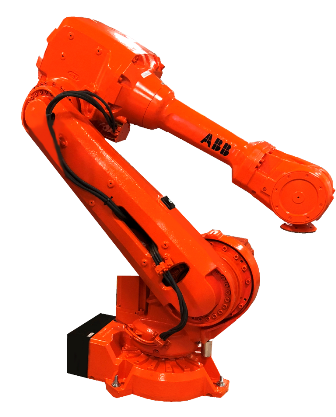
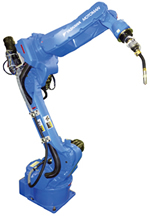
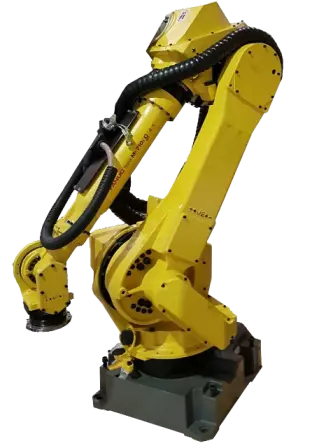
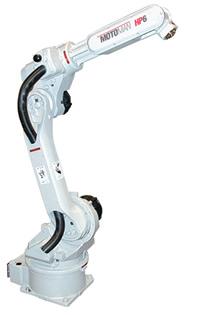
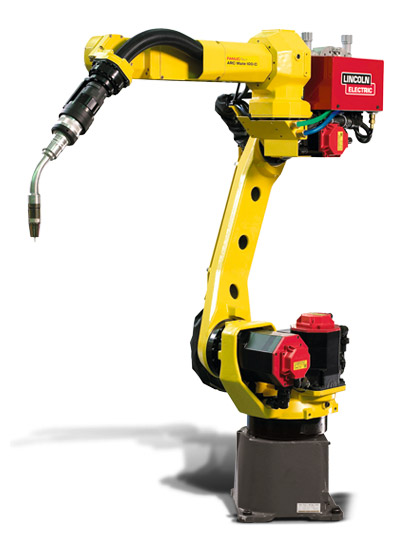
Robots Done Right is the place to start when it comes to used robots. Contact us if you are interested in buying or selling your used robot.